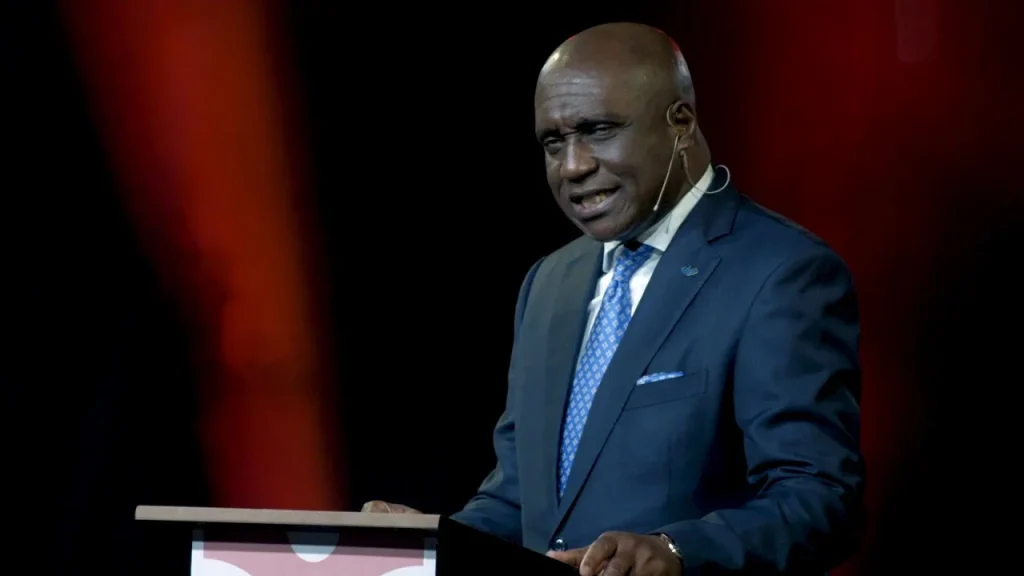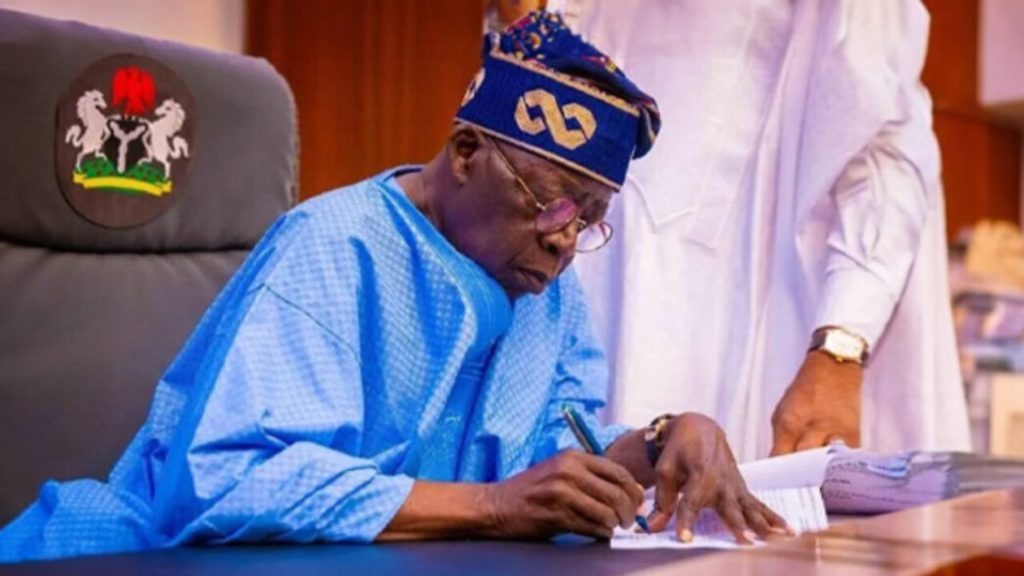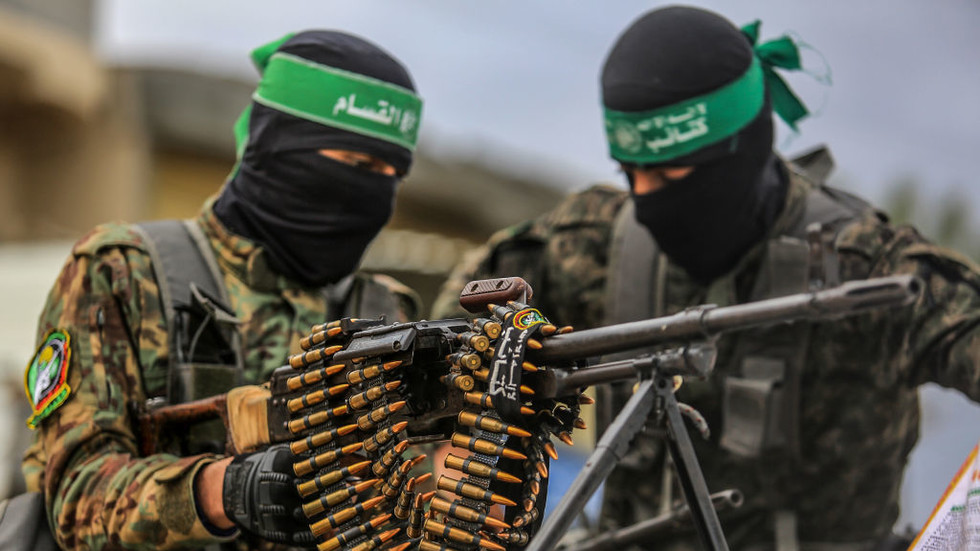Seventeen African governments have endorsed reforms and action plans to expand electricity access under Mission 300, a World Bank-led initiative aiming to connect 300 million Africans by 2030. The commitments were announced at the Bloomberg Philanthropies Global Forum in New York, where the World Bank Group and African Development Bank Group are leading the charge.
The new Energy Compacts, signed by Benin, Botswana, Burundi, Cameroon, Comoros, the Republic of Congo, Ethiopia, Gambia, Ghana, Guinea, Kenya, Lesotho, Mozambique, Namibia, São Tomé and Principe, Sierra Leone, and Togo, will guide public spending, trigger reforms, and attract private investment into national electricity projects. Since the launch of Mission 300, 30 million people have been connected to electricity, with another 100 million in progress.
According to the World Bank, reliable and affordable power is crucial for economic growth, jobs, and opportunities. World Bank President Ajay Banga emphasized that Mission 300 is more than a target, as it will “slash costs, strengthen utilities, and attract investment.” African Development Bank President Dr. Sidi Ould Tah added that “reliable, affordable power is the fastest multiplier for small and medium enterprises, agro-processing, digital work, and industry.”
The Energy Compacts are tailored to each country’s infrastructure, financing, and policy needs. Earlier this year, 13 other African countries, including Chad, Côte d’Ivoire, and Nigeria, endorsed similar compacts. National leaders have made commitments to achieve universal electricity access, with some pledging to promote renewable energy, improve governance, and attract private investment.
Botswana’s President Duma Boko pledged accessible, reliable, and affordable energy as a basic national need, while Cameroon’s President Paul Biya committed to renewable energy to promote universal access and sustainable development. Comoros’ President Azali Assoumani vowed to achieve universal electricity access by 2030, and Congo’s President Denis Sassou Nguesso invited investors to harness the country’s hydro potential for regional power exports.
Ghana’s President John Mahama linked universal access to poverty reduction and equal opportunities, and Kenya’s President William Ruto committed to 100% clean energy by 2030. Lesotho’s Prime Minister Sam Matekane called universal renewable access the country’s proud imperative, and Mozambique’s President Daniel Chapo said his country is on track to meet targets and become a regional powerhouse.
The endorsements and commitments demonstrate a collective effort to address energy poverty and promote sustainable development in Africa. As the continent works towards achieving universal electricity access, the World Bank and African Development Bank will continue to support these efforts through Mission 300 and other initiatives. With reliable and affordable power, African countries can unlock economic growth, create jobs, and improve living standards for millions of people.



